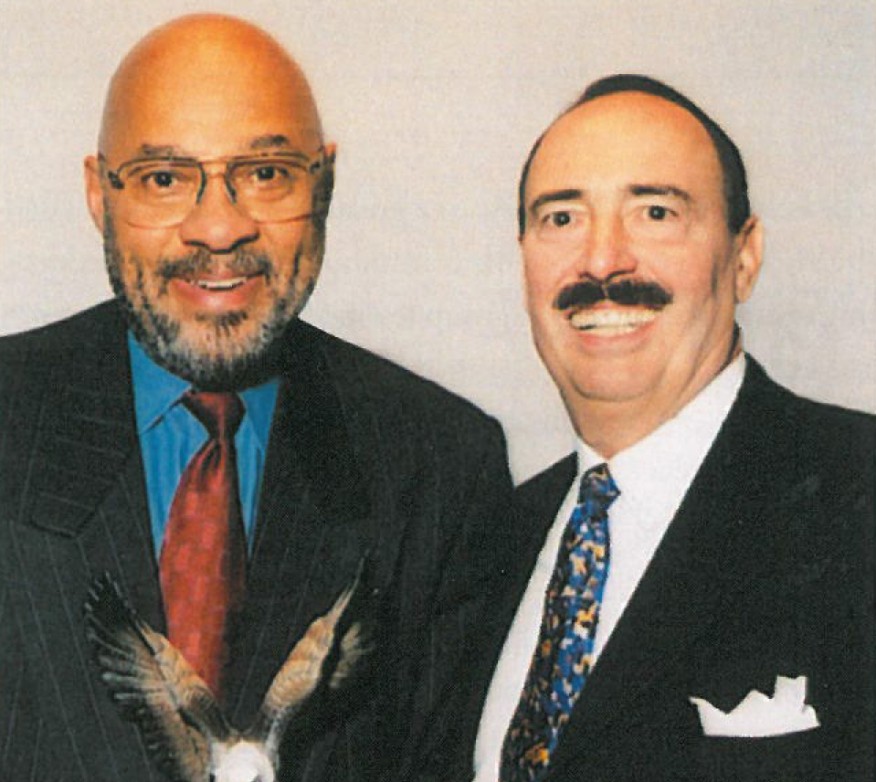A self-described "Type A" personality, Robert Wollack is out to help troubled kids.
The founder, president and CEO of Wolverine Human Services Inc. got his start nearly 30 years ago. "I had met some social workers," he says, "and I was influenced by their contributions to society. I liked the way they handled situations."
Wollack got his master's in social work in 1978, focusing on group work and interpersonal practice. He spent the next decade moving steadily up the ranks in the human services field, starting as a youth care worker. By 1985 he was the regional director at a Detroit-area agency serving adolescents, supervising four adolescent treatment programs and managing the organization's $2.5 million budget.
"I wanted to do innovative things," Wollack says, his accent all Brooklyn. "But I was limited in funding. A friend and attorney from Minnesota, Bill Tilton, was willing to invest in, purchase and refurbish an old convent, with the hopes that it would become a group home. Then Pete Walsh, a fellow alum ('78) joined the team, and an agency was born."
Once it started up, Wollack's organization expanded at an amazing rate. In 1987, he and his team opened St. Jude's Home for Boys. It was a place for 19 of the toughest cases in Wayne County. It was also the first of a string of Wollack's projects. At the beginning
of 1988, he and Walsh opened the Wolverine Shelter in Detroit, which now serves more than 350 kids from age 6 to 18. And later that year, three more programs started up: Victor's Center, Pioneer Work and Learn Center and Community Case Management Services.
In the following years more programs were added, including several in Florida that were acquired eventually by another organization. Wolverine Human Services now oversees more than a dozen human services centers and programs, serving more than 700 young people with a budget of $35 million. And according to Wollack, there are always challenges. "We're seeing more kids being waived to the adult system," he says. "Currently, there are two different schools of tho ught to solving this roblem: liberal and conservative. Both are dollar-driven and resource-driven."
As Wollack sees it, the key to success with youth treatment is utilizing social work practice methods; hiring competent social workers, youth care workers, psychologists and teachers; and using ancillary support services. "Rehabilitation works, especially when social workers, teachers and psychologists are allowed to participate in the system. We need to fight hard to maintain our place in delinquency services and regain and maintain our place in adult corrections the way it was in the '70s, prior to the Reagan Administration. We have to give some hope to the seven million people being filtered through our criminal justice system."
Wolverine encompasses both residential and non-residential programs. Its clients include both abused and neglected children and those involved in "deli nquent activities." The young people are assisted in "overcoming social and economic barriers, capitalizing on their personal strengths and contributing to their own healing," according to the organization's website.
I'm waiting for an $80 billion initiative from the government on behalf of kids.
After the fast growth of the last few years, Wollack says Wolverine Human Services will stay steady for now. "There's a waiting list for kids, but I wouldn't expand. The dollars are going down. If there's opportunity, and it could be funded appropriately, I will expand. The field needs much more financial support at the federal, state and local levels. I'm waiting for an $80 billion initiative from the government on behalf of kids."
-Catherine Conlan is a freelance writer living in Lindstrom, Minnesota.
